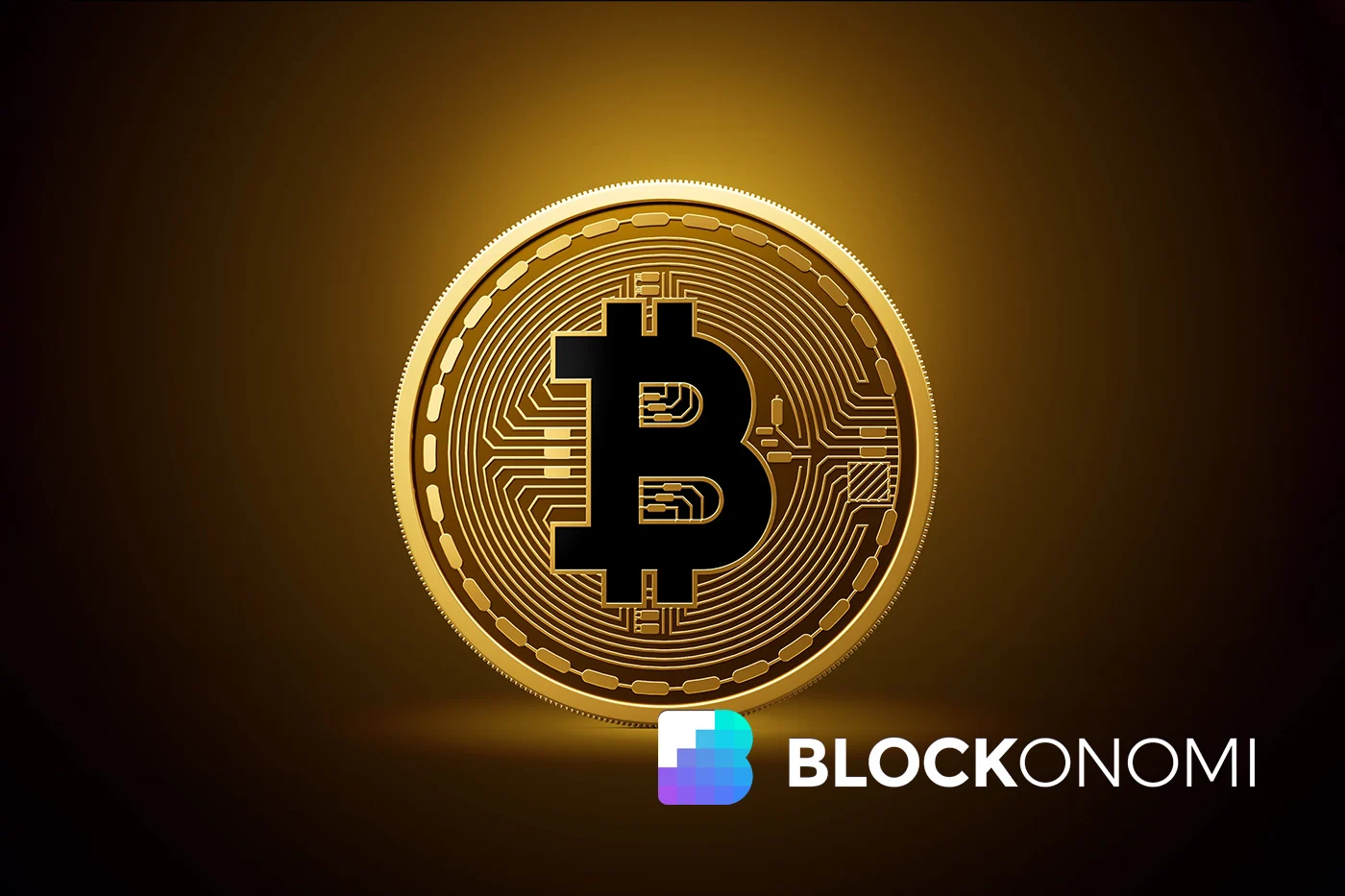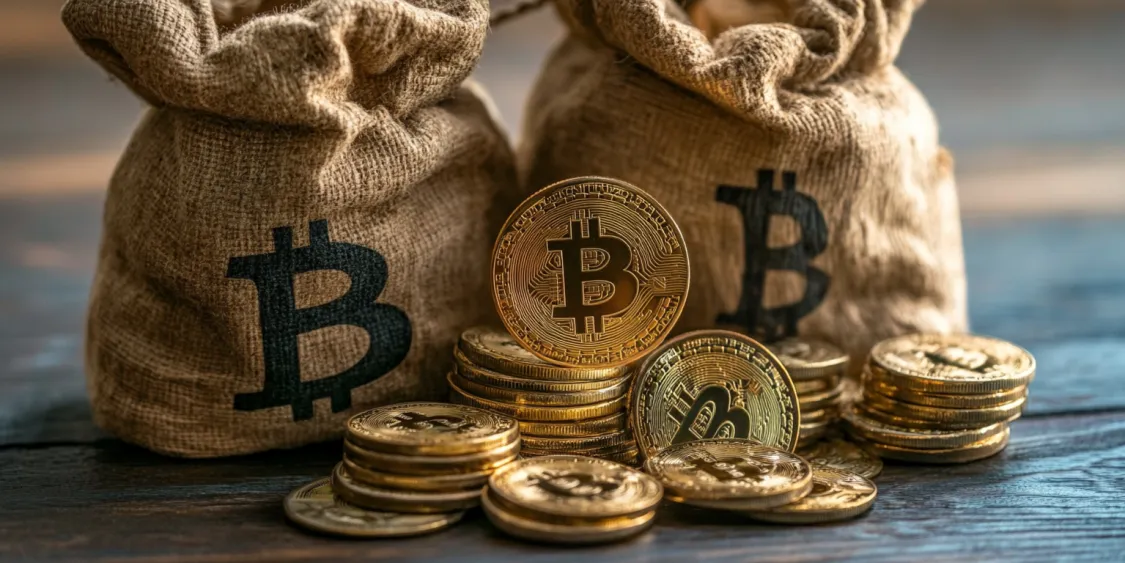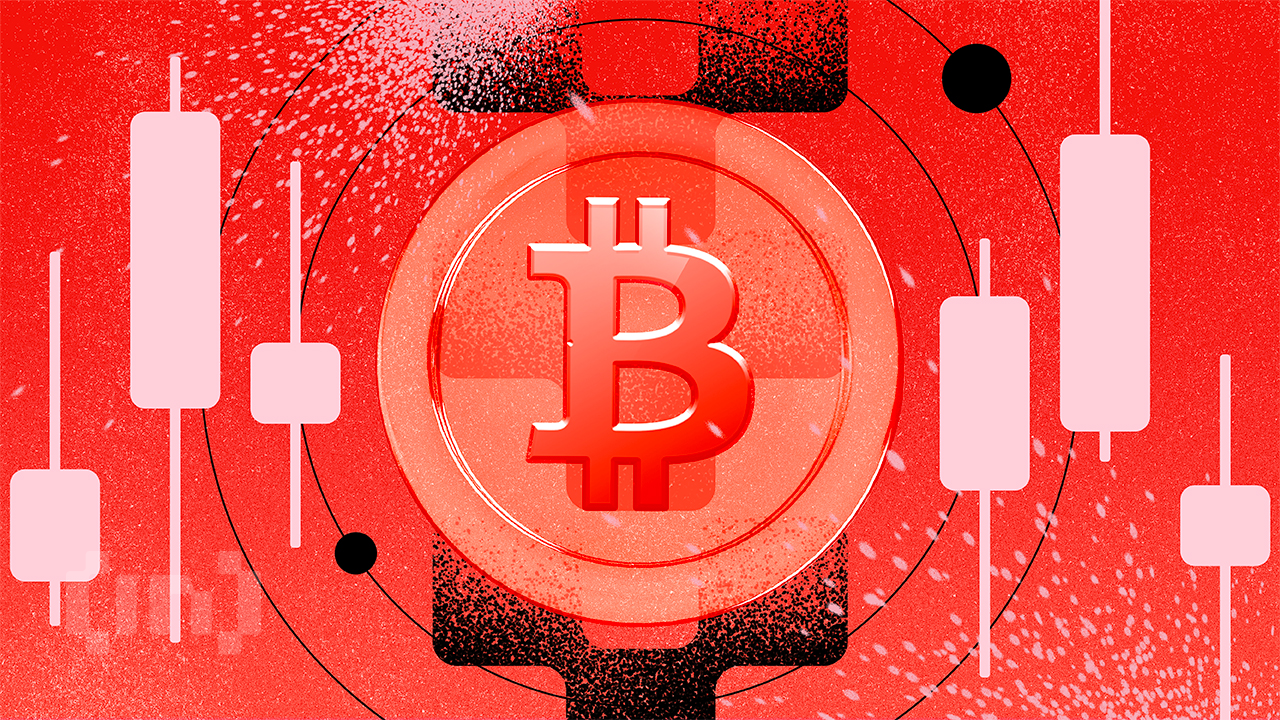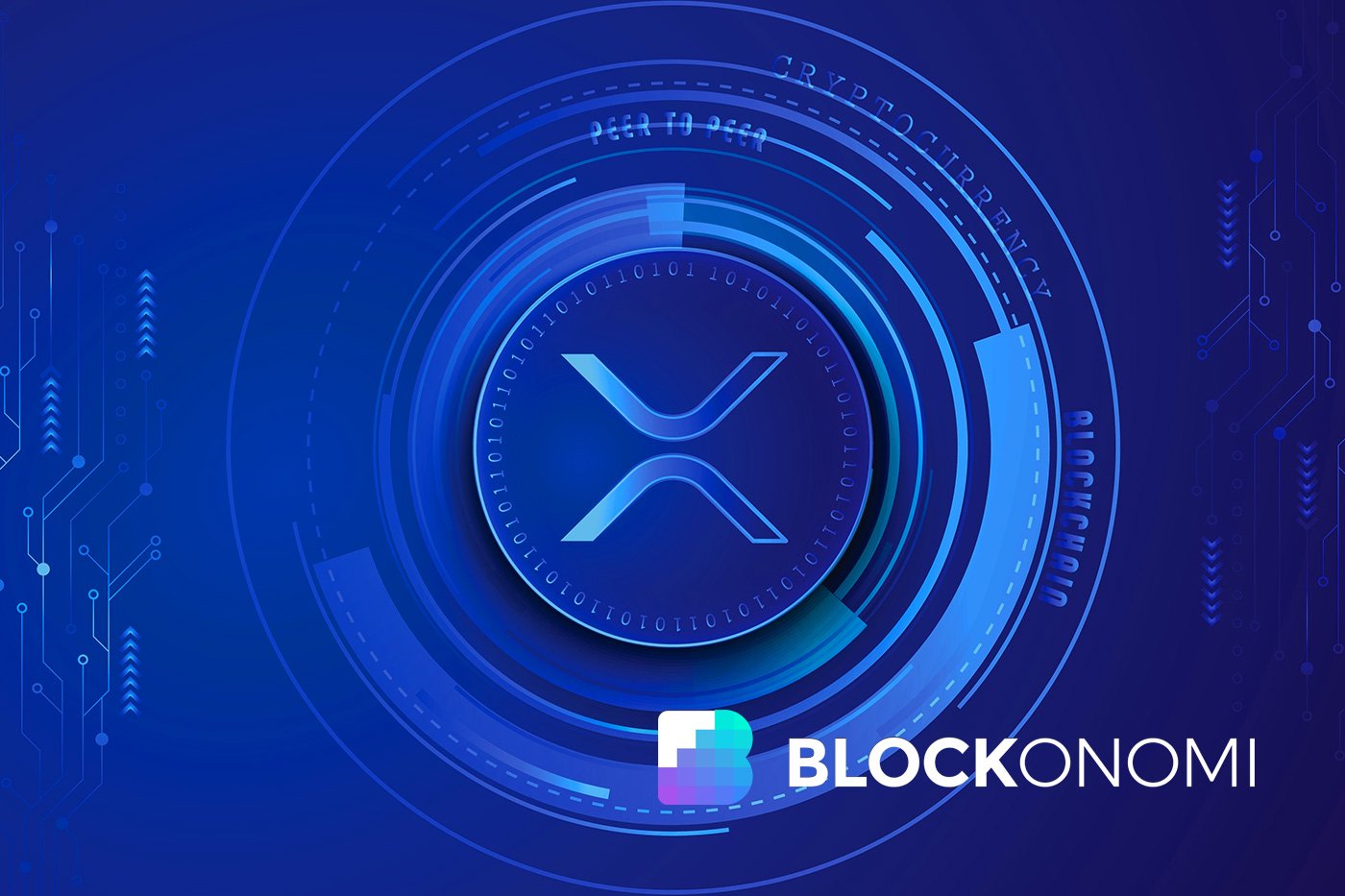Bitcoin and GameStop: A New Chapter in Financial Markets
In the ever-evolving world of finance and technology, two recent developments have piqued the interest of investors and market observers alike: the volatile price of Bitcoin and GameStop’s announcement to adopt Bitcoin as a treasury reserve asset. Let’s delve into these events and explore their potential implications.
Bitcoin Trades Near $87,300 Amid Market Uncertainty
Bitcoin, the world’s largest and most well-known cryptocurrency, has seen its value fluctuate wildly in response to various factors. One of the most significant drivers of Bitcoin’s recent price movement is the ongoing trade tensions between the United States and China. President Trump’s plans to impose new tariffs on Chinese imports have sparked uncertainty in global markets, causing Bitcoin’s price to surge near $87,300.
Historically, Bitcoin has been seen as a safe haven asset during times of economic instability or political uncertainty. The decentralized digital currency is not subject to the same market forces as traditional assets like stocks or bonds. As a result, investors may turn to Bitcoin as a hedge against market volatility and potential inflation.
GameStop Announces Bitcoin Adoption as a Treasury Reserve Asset
Meanwhile, video game retailer GameStop has made headlines by announcing its intention to adopt Bitcoin as a treasury reserve asset. This move comes as part of the company’s broader efforts to explore the use of blockchain technology to improve its operations and engage with customers. The exact details of how GameStop plans to use Bitcoin are still unclear, but the announcement has been met with enthusiasm from the cryptocurrency community.
For GameStop, the adoption of Bitcoin as a treasury reserve asset could bring several potential benefits. The digital currency’s decentralized nature could help the company avoid some of the fees and transaction costs associated with traditional banking systems. Additionally, Bitcoin’s volatility could provide an opportunity for the company to generate additional revenue through price fluctuations.
Impact on Individuals: Diversification and Opportunity
For individuals, these developments could present both opportunities and challenges. Investing in Bitcoin carries inherent risks, but it also offers the potential for high returns. As traditional financial markets become increasingly uncertain, some investors may see Bitcoin as a way to diversify their portfolios and hedge against potential market downturns.
Impact on the World: Disruption and Innovation
On a larger scale, the adoption of Bitcoin by major companies like GameStop could signal a broader shift towards the use of digital currencies in the global economy. This could lead to significant disruptions in traditional financial systems and industries, as well as new opportunities for innovation and growth.
- Increased competition for traditional financial institutions
- New opportunities for decentralized financial services
- Potential for increased financial inclusion and access
- New challenges for regulatory bodies and governments
Despite the potential benefits, however, the widespread adoption of Bitcoin also raises important questions about security, privacy, and the potential for market manipulation. As the use of digital currencies continues to grow, it will be crucial for governments, regulators, and the private sector to work together to address these concerns and ensure a stable and secure financial system for all.
Conclusion: A New Era of Financial Markets
The recent developments surrounding Bitcoin and GameStop represent just the latest chapter in the ongoing story of financial markets and technology. While the future is uncertain, one thing is clear: the world of finance is changing, and those who are able to adapt and innovate will be best positioned to thrive in this new era.
For individuals, this means staying informed and being open to new opportunities. For businesses, it means embracing innovation and exploring new ways to engage with customers and operate more efficiently. And for governments and regulators, it means working together to ensure a stable and secure financial system that benefits everyone.
As we move forward, it will be essential for all stakeholders to work together to navigate the challenges and opportunities presented by the intersection of finance and technology. Only then can we truly unlock the full potential of this new era and build a better, more inclusive financial system for all.





